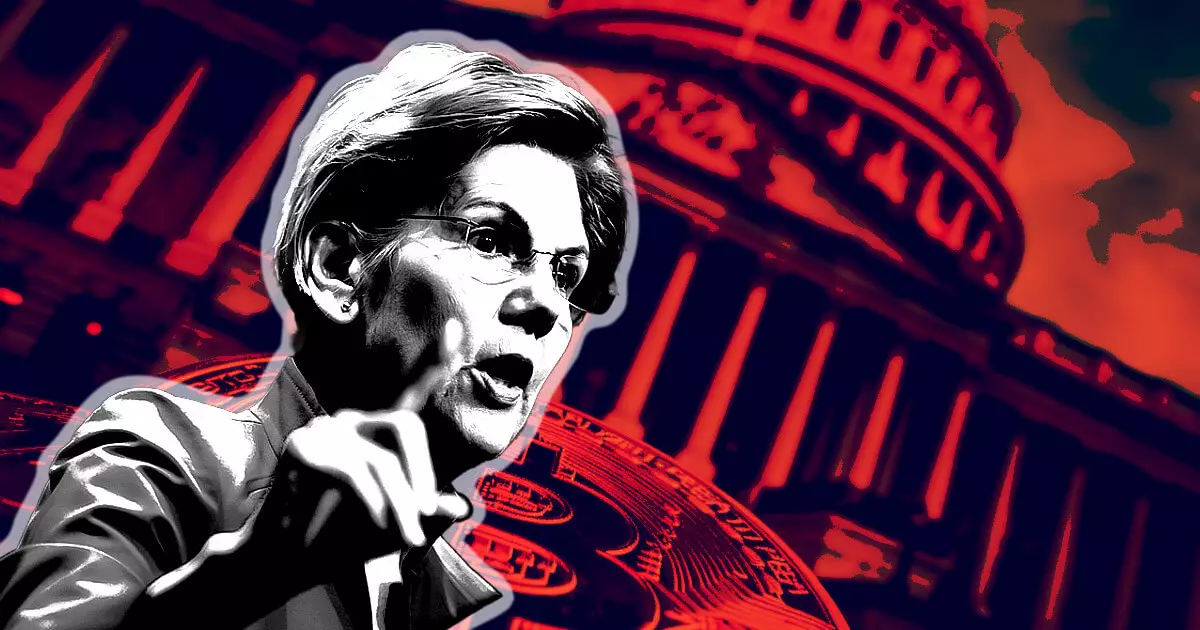In the tumultuous world of cryptocurrency, the veneer of regulation often appears robust but crumbles under scrutiny. Recent political pressure, exemplified by Senator Elizabeth Warren’s aggressive questioning of Binance’s adherence to a hefty $4.3 billion settlement, exposes the chasm between enforcement rhetoric and actual compliance. While authorities trumpet fines and oversight mechanisms, the truth behind whether these measures are genuinely effective remains elusive. This mismatch signifies a systemic failure to understand that superficial penalties and administrative agreements cannot substitute for stringent, proactive oversight. Clear evidence indicates that the Warnings about Binance’s non-compliance have been met with vague answers and a lack of transparency, highlighting a dangerous complacency that threatens to undermine the integrity of financial oversight in the digital sphere.
The Flawed Reliance on Settlement Agreements
Settlement agreements like the one with Binance are often celebrated as milestones for regulatory achievement. However, their real-world efficacy is routinely overestimated. The recent case of Binance underscores that such deals are more akin to deadlines for vague promises rather than enforceable commitments. The key issue lies in the oversight mechanisms—particularly the removal or retention of compliance monitors—that are essential to enforce accountability. If authorities hesitate or falter in maintaining strict supervision, the entire regulatory façade crumbles, allowing companies to feign compliance while secretly continuing illicit activities. The silence surrounding Binance’s whereabouts in terms of ongoing requirements makes it obvious that the current approach is inadequate and invites only the illusion of control, rather than actual enforcement.
Policy Gaps and the Risk of Entrenched Corruption
Part of the broader concern is the potential for regulatory capture or political influence to dilute the integrity of enforcement. The inquiry into Binance’s connections with political figures and organizations like World Liberty Financial signals a worrying trend: enforcement actions are sometimes motivated by political optics rather than genuine concerns about financial security. The fact that Binance’s founder recently sought a presidential pardon raises questions about whether regulatory leniency is being weaponized or exploited for political gain. This scenario weakens public trust and fosters a climate where illicit actors can exploit regulatory loopholes with impunity, confident that enforcement remains inconsistent at best. The ongoing congressional insistence on scrutinizing these arrangements reveals a fragile and compromised regulatory environment that is neither effective nor trustworthy.
The Broader Implications for Financial Security
This saga is emblematic of a larger systemic issue: the inability of current regulatory frameworks to keep pace with rapid technological innovation. Cryptocurrencies have fundamentally transformed the landscape of financial transactions, yet institutions responsible for oversight often lag behind, hampered by outdated laws and bureaucratic inertia. In the end, regulatory complacency not only enables criminal activity but also erodes the rule of law in a domain increasingly intertwined with the entire financial system. If regulators continue to shake hands with corporations under vague agreements, the result will be a reckless financial Wild West that jeopardizes everything from consumer security to national economic stability. It is long past time for a more assertive, transparent approach—one that recognizes that superficial compliance must give way to real accountability or risk disaster.



















Leave a Reply